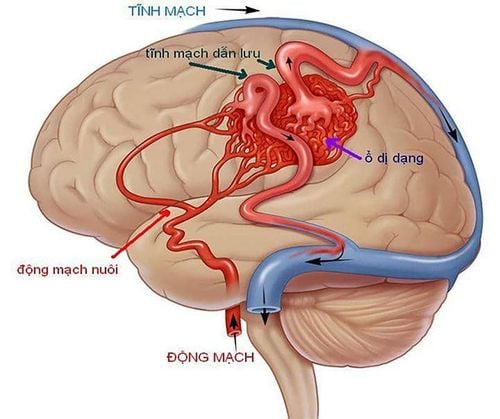Nội dung bạn đang tìm kiếm không có phiên bản tiếng Việt.
Vui lòng chọn tiếp tục để xem nội dung tiếng Anh hoặc đi đến trang chủ Tiếng Việt.
Rất xin lỗi về sự bất tiện này.
Health screening

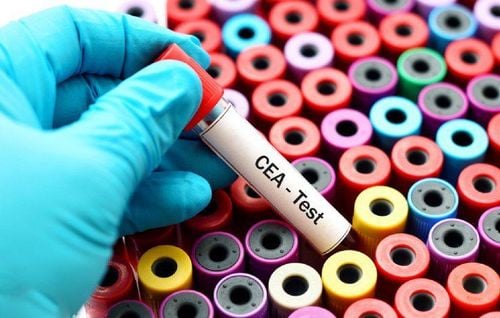
Quantitative CEA Blood Test Indicators
CEA is an antigen present in the intestinal cells of the fetus and when adults only have very low concentrations in the blood. When a patient has cancer, especially squamous cell carcinoma, the concentration of CEA increases. Other cancers such as colon, stomach, lung, pancreas... can increase CEA.
View more
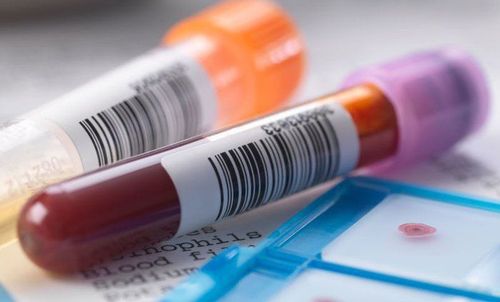
Quantitative procalcitonin for early assessment of infection and sepsis
Procalcitonin concentration evolution can be used as a parameter for differential diagnosis and early assessment of infection and sepsis. PCT determination should be performed and monitored daily. In special cases, determination should be performed at short intervals of 8 to 12 hours.
View more
Latest articles

The role of urea determination in blood and urine
Quantitative blood urea and urine urea tests are important tests, often prescribed to diagnose diseases. There are many ways to measure blood urea, each method can give different results. Therefore, when diagnosing a disease, it is necessary to compare the test results with the machine's index, not compare the results of two different machines.
View more
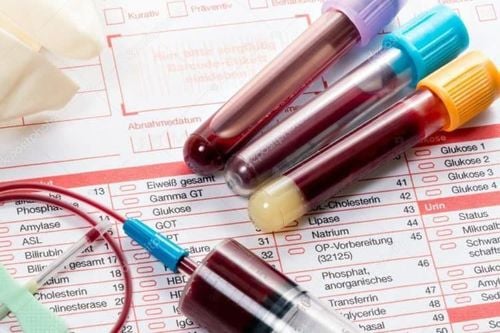
Instructions on how to read blood test results
A blood test is a test performed on a blood sample to measure the levels of certain substances in the blood or to count different types of blood cells. This is one of the routine tests ordered by doctors when examining and treating a patient.
View more

Obesity, overweight and cancer risk
There are many factors that can cause a person to become obese, including genetic, hormonal, environmental, emotional, and cultural factors. People who are overweight are at increased risk of many health problems, such as type 2 diabetes, high blood pressure, and cardiovascular disease. Being overweight is also associated with an increased risk of many types of cancer.
View more
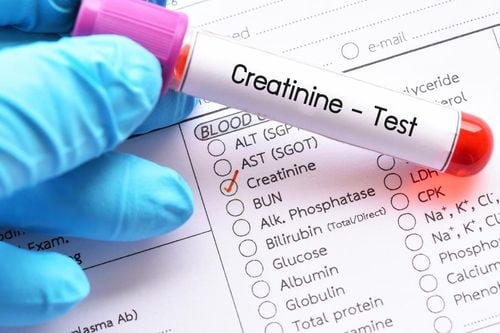
What is Creatinine Quantitative?
Creatinine quantification is an important basis for doctors to accurately assess the patient's kidney function. Creatinine will be assessed through blood or urine tests.
View more

AIDS: Causes and Formation
Acquired immunodeficiency syndrome (AIDS) is a late, potentially life-threatening stage of HIV. AIDS develops when the immune system of an HIV-infected person is very weak.
View more

Symptoms of AIDS
Acquired immunodeficiency syndrome (AIDS) is a chronic, potentially life-threatening disease caused by the human immunodeficiency virus (HIV). By destroying the immune system, HIV prevents the body from fighting off disease-causing organisms. There is no cure for HIV/AIDS, but there are medications that can significantly slow the progression of the disease.
View more
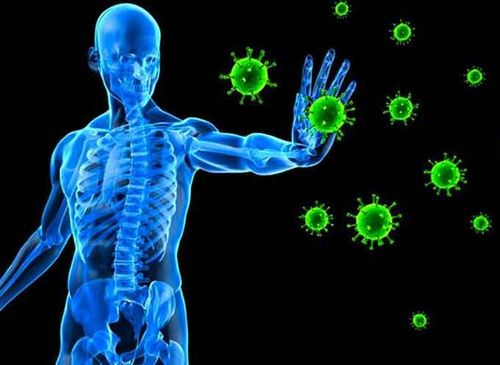
How does the immune system work?
The immune system is essential for our survival, keeping us healthy and fighting off pathogens from the environment. Without it, the body would be attacked by bacteria, viruses and parasites.
View more

Causes and effects of hypokalemia
Hypokalemia or low blood potassium is a condition in which the body cannot retain enough potassium to maintain normal functioning, which in some cases can lead to death. So what causes hypokalemia and how does it affect health?
View more
